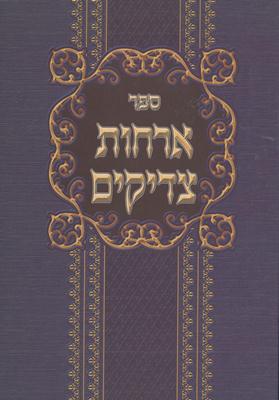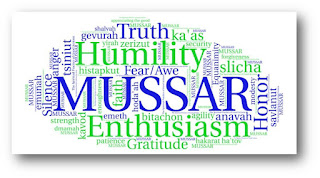Thanksgiving was a welcome diversion from the world! It was great to retreat to a special place with our family. It was delicious to step back from the news (for the most part), the challenges our world faces, and to face one another for a few days. What a treat to gather with three generations for food, fun and lots of laughter. Now that Thanksgiving weekend is receding, our secular holiday calendar has taken over. “Black Friday” was hard to miss, though I found that by staying in our retreat spot I was able to ignore it to a great extent. Now that I have returned home, and now that I have returned to my inbox, it’s nigh impossible to ignore the tidal wave of messages – either trying to lure me on this “cyber-Monday” or calling out to me as tomorrow, the much heralded “Giving Tuesday” arrives. Of course, with the end of the secular year in sight, many are focused on those gifts we typically make at years’ end so as to maximize the tax benefits of giving. Last year’s Tax Bill changed the impact of our charitable gifts on our tax filings. How that really plays remains to
But now seems a good time to reflect on a middah (soul trait) from the Mussar tradition on which I am currently working with one of my Mussar groups. Several of the groups with whom I am working are “advanced groups,” in that they have been meeting for several years. Part of what I really enjoy about my work with these groups is their thirst for in broadening our Mussar horizons as we venture into the exploration of and practice with middot which are not typically in the basic curriculum of beginning groups. For me, the challenge to expand my repertoire, study middot and develop materials for these groups is nourishing. It is expanding my own soul-curriculum, and I love it!
One of my groups chose Nedivut/Generosity for this year’s journey. While I had studied the classic Mussar text, Orchot Tzaddikim (Ways of the Righteous – an anonymous text generally thought to originate in the 15th or 16th century) and its chapter on this middah about two years ago with my personal hevruta partner of many years, studying and teaching are two different processes. I have always loved that in the world of Hebrew grammar the Hebrew word for teaching, l’lameyd is a more intensive verb form of the word “to learn” – lilmod. Ever since I first began teaching, during my high school years, when I served as the Music teacher in my home congregation’s all-volunteer Religious School, I have never forgotten that relationship between learning and teaching. It continues to inspire and guide me.
As I think about Nedivut, I am reminded of a teaching from Rav Moshe Leib of Sassov (1745–1807, a disciple of the early Hasidic Master, Rabbi Dov Ber of Mezeritch.) The story is told that Rav Moshe once asked a miserly person: “What is the difference between looking through a window and looking at a mirror?” Rav Moshe then explained, “When you look through a window you see other people, but when you look at a mirror you see only yourself. And why? Are they not both sheets of glass? The difference is that a lining made of silver blocks the view through the mirror.” That silver, the Rav teaches, is like the silver of our material wealth. He challenges us to consider in what ways our own materials goods and monetary wealth prevent us from seeing the world around us, and other people in our world. As we step into a season when many of us do a substantive portion of our charitable giving, it’s a good question to ask ourselves. The world around us is filled with sorrow and brokenness. While giving tzedakah is not the only way in which we should engage with repairing our world and helping others, it is a part of our responsibility.
The 20th-century Mussar master, Rav Eliyahu Dessler taught, “That which we give to another person is never lost.” Through our acts of generosity, we are not simply giving up what we have. We are redistributing the stuff of our world so as to have a positive impact beyond ourselves and our family. If we are making a positive difference in the world and the lives of others (which is hopefully our intention when we give) we should not view what we have given through Nedivut as lost. Perhaps we can see it as having found a place or a life in which what we have given can have even greater impact.
In the chapter on Nedivut in Orchot Tzaddikim, which I mentioned above we read: “Our Sages of blessed memory have stated that the trait of nedivut/generosity resides in habit. One is not called generous until one becomes accustomed to giving, in every time and season, and according to one's ability. For one who gives to a deserving person 1,000 gold pieces at once is not as generous as one who gives 1,000 gold pieces one by one, each gold piece to an appropriate recipient. One who gives 1,000 gold pieces all at once is seized with a fit of generosity that afterwards departs.” I do not read the teaching of Orchot Tzaddikim as discouraging larger gifts. The teaching is encouraging us to develop the trait of nedivut ha-lev – “a generous heart.” We should work on ourselves so that we are accustomed to giving, not just on one day a year, or in one season of the year. Indeed, the goal is for us to make nedivut and tzedakah a regular part of our lives, week in and week out, in all seasons. That is certainly a reflection for each of us as #GivingTuesday arrives.









